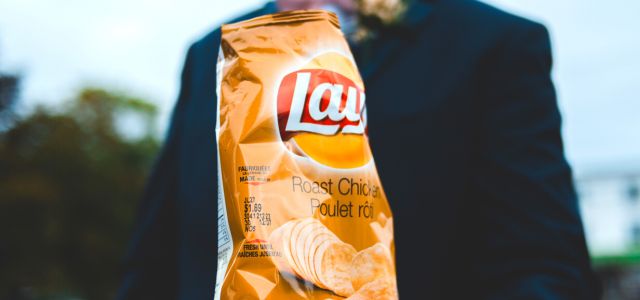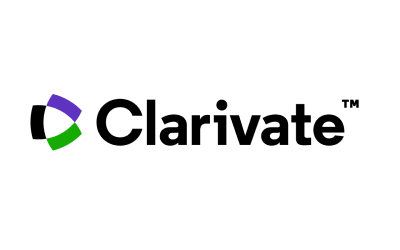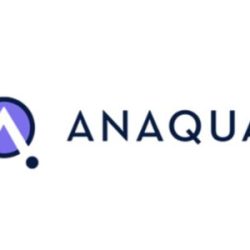PepsiCo, the world’s second-largest food and beverage corporation, has finally won the long-term court battle against a group of Indian farmers concerning IP rights over its registered potato variety.
Recently, the Hon’ble Delhi High Court Division Bench set aside a Single Bench ruling that revoked PepsiCo’s registration for ‘FL 2027’, a potato variety that is specifically used for the production of Lay’s potato chips.
PepsiCo’s first Indian plant for manufacturing potato chips was established in 1989. PepsiCo registered the potato variety ‘FL 2027’ (the commercial name being FC 5), in 2016 for 15 years under the Protection of Plant Varieties and Farmers’ Rights Act, 2001 (PPVFR Act). Due to its stable sugars, abundant dry matter, high solids content, and low exterior flaws, this potato variety is ideal and best for the manufacturing of chips. PepsiCo entered into a contract with a group of Indian farmers, under which it supplied the registered potato variety to a set of farmers, and they produced and sold the output back to PepsiCo at a previously agreed rate.
In 2019, PepsiCo filed rights infringement cases under the PPVFR Act against some farmers in Gujarat, claiming that those farmers who were not part of its “collaborative farming contract” were unauthorisedly using the registered seed variety to produce and sell potatoes in the state. However, it withdrew its cases after stiff resistance from the farmers’ organizations and attempted to bind the farmers into their contractual agreements.
Later that year, a renowned farmer’s rights activist, Kavitha Kuruganti, filed a petition to revoke PepsiCo’s registration for the FC 2027 potato variety and claimed that the registration was granted based on false information provided by the company. Kuruganti objected to the validity of the registration certificate, citing the following grounds:
- The Certificate of Registration was issued based on incorrect and unclear facts submitted by PepsiCo
- Granting the Certificate of Registration did not serve the public interest
- PepsiCo failed to present a properly stamped and attested assignment deed.
Kuruganti further stated that PepsiCo knowingly provided inaccurate information to mislead the PPVFR Authority. While filing the application, it was discovered that PepsiCo had purposefully marked the potato variety as a ‘new variant’ instead of an ‘extant variant.’
On December 3, 2021, the PPVFR Authority ordered the cancellation of the Plant Variety Protection (PVP) Certificate granted to PepsiCo (India) Holdings Pvt. Ltd. The PPVFR Authority opined that it was likely that several farmers had been subject to hardship, including the possibility of having to pay a significant penalty for the purported infringement that did not occur, since PepsiCo filed an infringement suit despite not being a registered breeder. The PPVFR Authority added that this was also against the interests of the general public.
PepsiCo later filed a case before the Delhi High Court challenging the revocation of the PVP Certificate. However, on July 5, 2023, the appeal was dismissed by the Delhi High Court Single Bench.
Despite this, on January 9, 2024, a Division Bench of the Hon’ble High Court of Delhi allowed PepsiCo’s appeal and overturned the July 2023 judgment of the Single Bench. According to the Division Bench, registration of a plant variety could not be withdrawn for procedural reasons such as incorrect application submissions but rather only for reasons pertaining to validity or registration. Accordingly, the Division Bench nullified the PPVFR Authority order, canceling PepsiCo’s Plant Variety Protection Certificate.
Comments
Considering that India is an agrarian economy, PepsiCo’s victory is significant. This case continues to shape discussions around plant varieties and their IP protection. Specifically, this case underscores the delicate balance between safeguarding farmers’ rights and incentivizing private investment in agricultural research. Lay’s potato chips may continue to sizzle in the market, but the legal landscape around plant varieties will remain dynamic. PepsiCo’s victory sets a precedent; it reminds us that the humble spud can spark legal fireworks and that even in the world of potato chips, IP matters.

Written by Sunil Jose
Founder and Managing Attorney, SUNS LEGAL

Written by Aathmaja Menon
Legal Intern, SUNS LEGAL
You may also like…
Clarivate announces the development of IPfolio Law
Clarivate, a leading global provider of transformative intelligence, today announced the development of IPfolio Law,...
Panasonic Automotive Systems joins Open Invention Network to bolster open-source software development
Panasonic Automotive Systems (PAS) is a leading global provider of advanced technologies, such as infotainment...
Anaqua unveils AI-powered management solutions
Organizations often begin their intellectual property (IP) journey by examining AI-enhanced point solutions. While...
Contact us to write for out Newsletter














